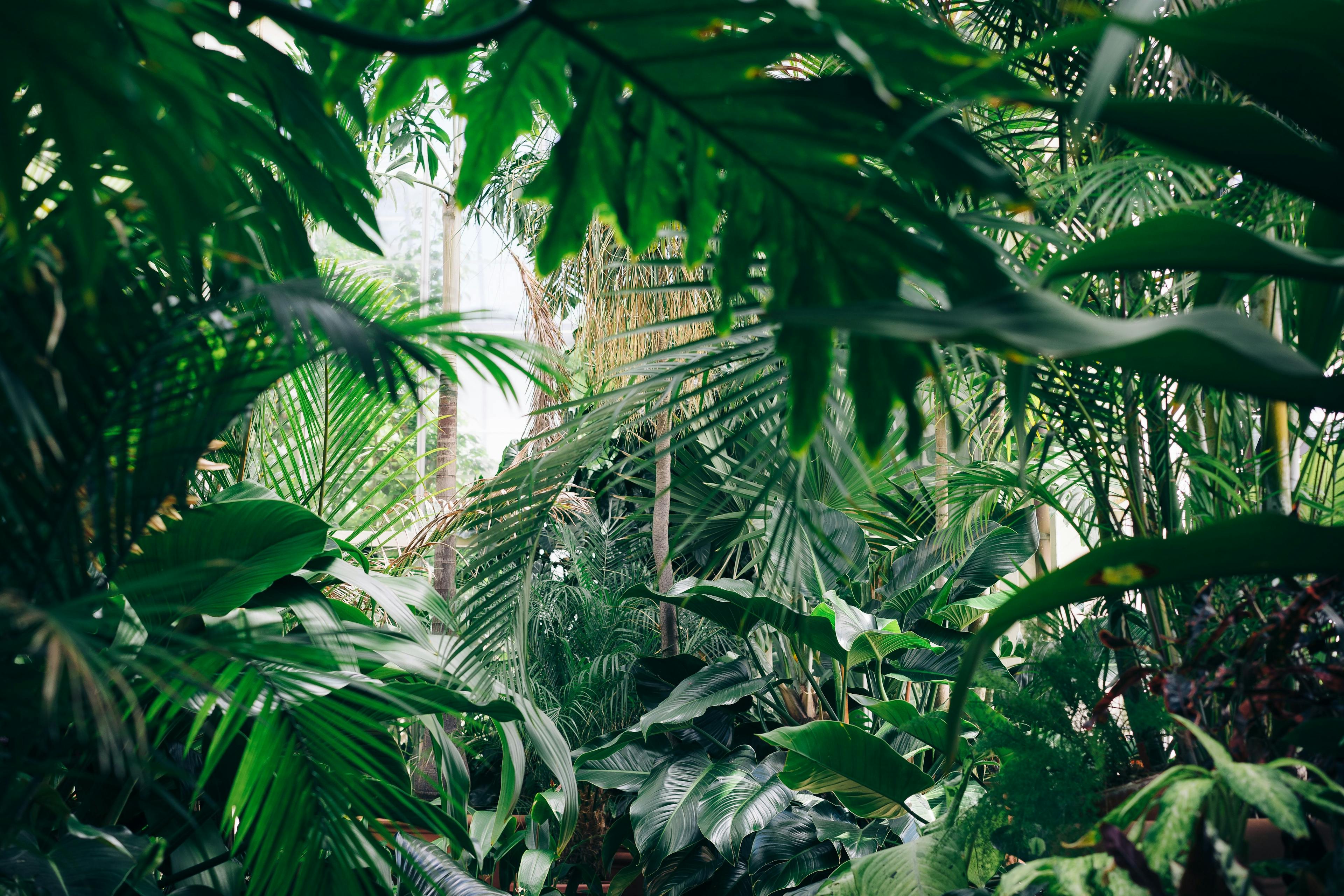Digital Journalism Workshop: “Lost in the Jungle”
,The volume of digital information streams is constantly increasing. How can journalists keep track of an almost unmanageable flood of data without getting "lost in the jungle"?
Social media channels generate new information every minute every single day. Journalists not only have to monitor and research this information, but also separate out true important data from mere noise and misinformation or even fake content.
Come and join us at the Scoopcamp 2013 in Hamburg!
Here we will be discussing these questions at the Deutsche Welle Workshop, giving an outlook on how journalists are searching in social networks and media archives–including the tricky issue of verifying the content found (if not evaluating "truth" itself). The three main points are:
Journalists require tools for effective research in social media
Social networks are used for research, sourcing of user-generated content and new forms of storytelling, but also for identifying breaking news and trending topics, monitoring events and finding interview partners or eye witnesses. Conducting this type of research in social media remains cumbersome for many journalists. There is an array of supporting web tools–but: What kind of tools are available? Which functions can help journalists? What are the leading tools? Do some tools cover more than one network–and which ones? Which tools are useful for what kind of research?
Verification and social media
Verification has always been one of the most important tasks in journalism. But how can we maintain the accuracy of news coverage when information and content is coming in high quantities from very heterogeneous, multilingual and often non-identifiable sources? How can we check the reliability of a content provider, the accuracy of a video or the validity of a statement that we find in social media? Is it possible to automatise this process, which tools are already available and can we teach a machine the difference between a lie and the truth?
Exploring digital archives will be much more simple
If you want to browse a conventional archive you have to contact an archivist. Modern archives offer all kinds of detection tools for independent exploration. Film clips can thus be searched and found directly–even without fast forwarding! But how to make sure to find good and relevant images? Which tools and techniques are available to find the „nuggets" of an archive? And how to educate the archive to learn along the way?
The DW workshop "Lost in the jungle"–Journalistic research in the digital era is part of the Scoopcamp 2013 conference (September, 13th in Hamburg). Get your ticket now!
